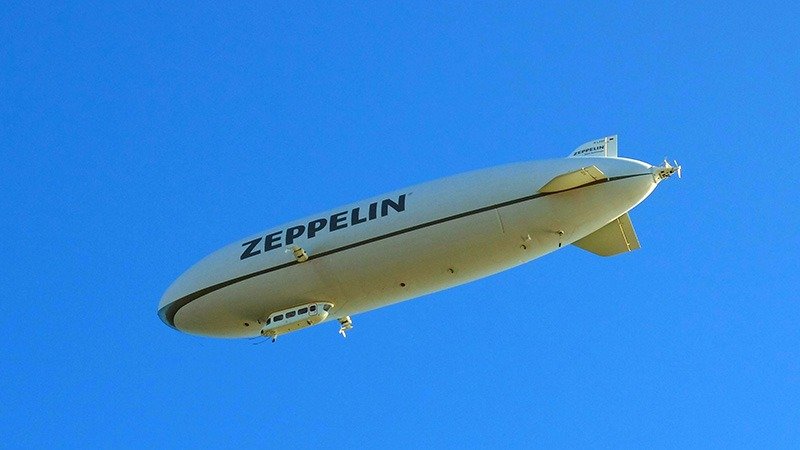A new wave of startups is reimagining air travel by investing in zeppelins, breathing fresh life into an age-old mode of transport. Companies such as Flying Whales from France, Hybrid Air Vehicles from the UK, and LTA Research, backed by Google co-founder Sergey Brin, are pioneering the development of modern airships. These innovative firms are not only seeking to modernize air travel but also aiming to provide sustainable tourism solutions through low-emission and cost-efficient technologies.
The Rise of Airships in Sustainable Travel
As the demand for greener alternatives in travel intensifies, airships are emerging as a viable option. Equipped with hybrid propulsion systems, these airships promise to significantly reduce carbon emissions compared to traditional aircraft. The anticipated factory of Flying Whales in Quebec, set to open in 2027, is a prime example of this shift towards sustainable aviation.
Innovative Technology and Hybrid Propulsion
Airships such as those being developed by Hybrid Air Vehicles and LTA Research incorporate state-of-the-art technology. With upgraded designs and hybrid propulsion, these airships aim to maximize fuel efficiency and minimize environmental impact. By harnessing both traditional and electric power sources, these new models are more aligned with the global push for sustainable travel.
The Future of Tourism
Tourism, one of the sectors hardest hit by climate change, stands to benefit significantly from the adoption of airships. The leisurely nature of air travel in these vessels allows for a unique travel experience, offering aerial views of landscapes while traveling to popular destinations. This aligns perfectly with the growing trend of eco-tourism, where travelers seek experiences that are both enjoyable and environmentally conscious.
The Cost-Effectiveness of Airships
One of the primary advantages of this resurgence in airship technology is its potential for cost-efficiency. Airships can transport goods and passengers at a lower cost compared to conventional aircraft, making them appealing for both tourism and freight logistics. As companies invest in this emerging market, the operational costs are expected to decrease further, paving the way for competitive pricing against traditional air travel options.
Conclusion
As the aviation industry grapples with the challenges of climate change, the resurgence of airships presents an exciting opportunity. With a focus on low emissions, cost efficiency, and technological advancements, startups like Flying Whales, Hybrid Air Vehicles, and LTA Research are leading the way towards a more sustainable and innovative future in air travel and tourism. The movement towards greener aviation solutions not only promises a new way to travel but also helps protect the planet for future generations.
For more details on the future of air travel and the exciting developments in airship technology, visit the Washington Post.


